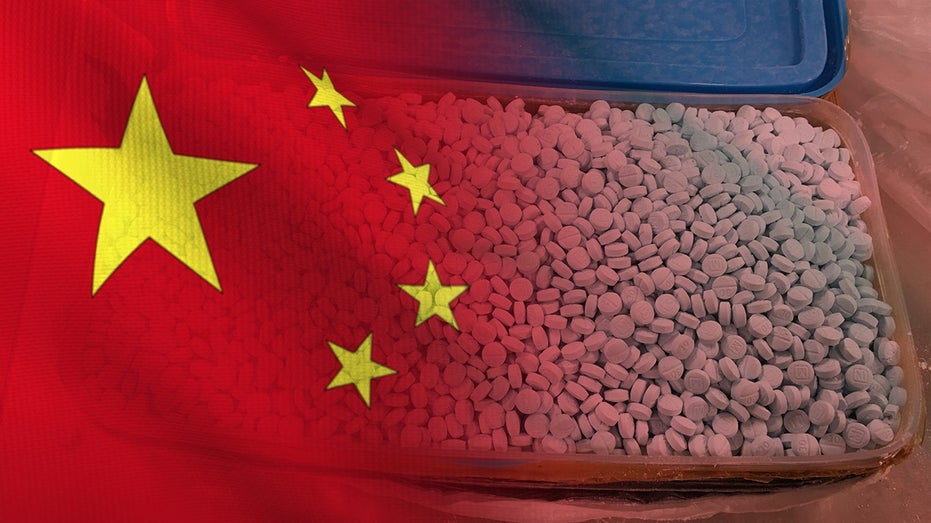Chinese Chemical Smuggling Bust Highlights CCP's Ongoing Multifront Strategy to Undermine U.S. Security
U.S. authorities seize precursor chemicals from China linked to Sinaloa Cartel, exposing China's growing role in undermining American security.

U.S. border authorities have intercepted a massive shipment of 50,000 kilograms of precursor chemicals used for manufacturing methamphetamines, a significant blow to the drug trafficking operations of Mexican cartels. The chemicals, sent from China and destined for the notorious Sinaloa Cartel, highlight what officials describe as an increasingly sophisticated pipeline that links Chinese chemical suppliers directly to Mexico’s illicit drug trade—feeding an epidemic that has ravaged American communities.
Officials say this recent seizure is part of an ongoing crackdown launched in 2019, targeting suspicious international shipments of drug-making chemicals. Since its inception, the operation has led to the interdiction of over 1.7 million kilograms of such chemicals, including a notable bust in March at the Port of Houston involving 44,000 kilos also headed toward the Sinaloa Cartel. U.S. authorities emphasize that these efforts are critical in disrupting supply chains before drugs like methamphetamine and fentanyl are produced and distributed across the border.
“For far too long, the Mexican drug cartels have raked in billions of dollars at the expense of our local communities, leaving nothing but addiction, death and despair in their wake,” said Chad Plantz, Special Agent in Charge of Homeland Security Investigations in Houston. He called the latest bust a “game-changing method” in staying ahead of cartel tactics by hitting their manufacturing capability at its source.
The challenge extends beyond just chemical supply. According to the Treasury Department, Chinese entities not only provide essential ingredients for illicit drug production, but are also pivotal in laundering the cartels’ massive financial gains. Authorities warn that this economic partnership creates a robust infrastructure that sustains and expands the scope of organized crime on both continents.
This operation comes amid a string of alarming incidents involving Chinese nationals and interests on U.S. soil. In the most recent case, two Chinese citizens were charged with smuggling a “dangerous biological pathogen” into America to study at a University of Michigan laboratory. The episode has reignited debate surrounding visa policies and the scrutiny applied to foreign nationals entering the U.S., especially those linked to strategic sectors or sensitive academic research.
Elsewhere, investigations have revealed how students and faculty at leading American universities are involved—either willingly or under coercion—in activities that benefit the Chinese Communist Party. Reports point to a pattern where intellectual property and research priorities are sometimes aligned with Chinese government interests, raising concerns about espionage and threats to U.S. technological leadership.
Federal law enforcement actions underscore the breadth of the issue. On Friday, authorities indicted two Chinese nationals and a U.S. permanent resident for allegedly trafficking sensitive military technology to China. Over the weekend, a British businessman was arrested for trying to smuggle U.S. military components to Chinese buyers. Additionally, an artificial intelligence firm recently took down a Chinese-linked influence operation using advanced technology to stoke political divisions on American social media platforms.
As pressure mounts, political leaders are calling for tougher measures. Congresswoman Michele Steel praised the new administration’s policy to tighten visa oversight for Chinese nationals, saying, “The new visa policy is long overdue. President Trump has wasted no time in directing decisive action to finally thwart the pervasive and growing threat of Chinese communist espionage.”
With law enforcement and policymakers intensifying their focus on these interconnected threats, the battle against foreign-supported cartel activities and espionage remains a high priority for American security and public health.




